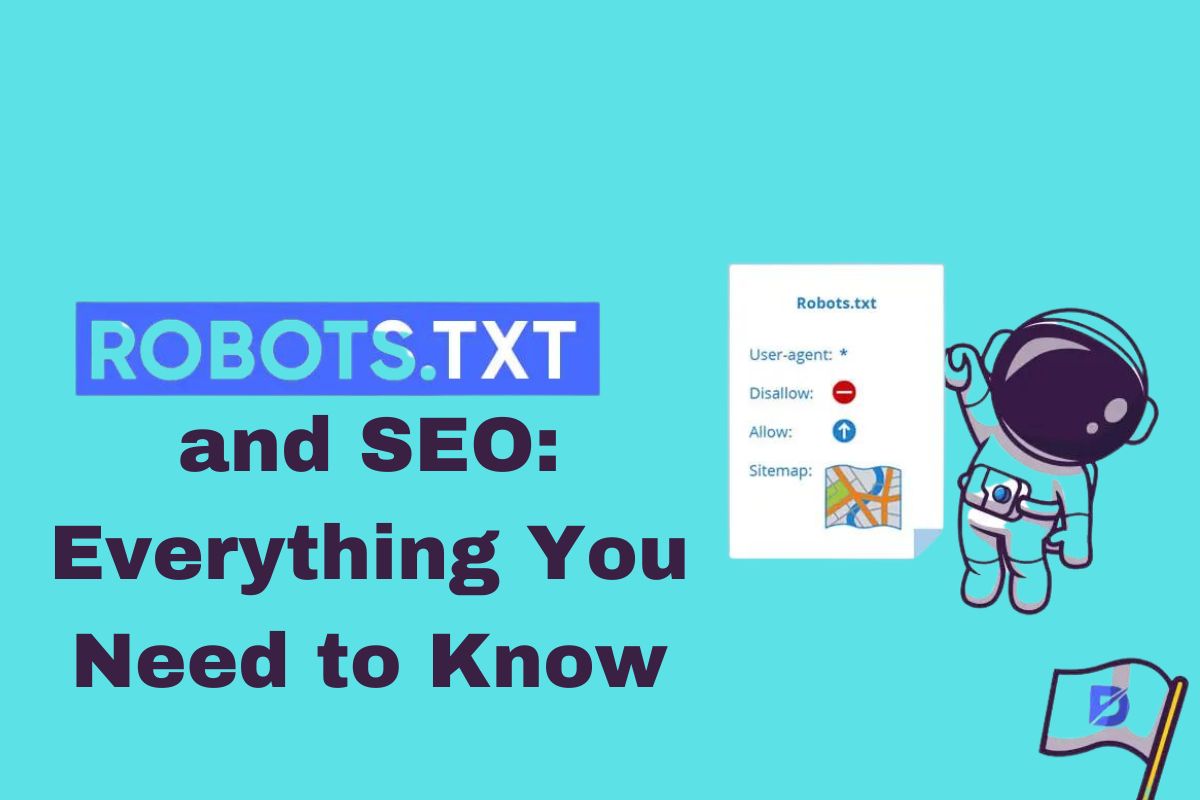Businesses are always looking for creative ways to attract their target audience in the digital age when attention spans are shorter than ever and consumer engagement competition is severe. Storytelling is a tactic that has proven effective over time and is becoming increasingly important in the field of content marketing. The craft of storytelling is beyond the use of words alone; it creates narratives that connect with listeners on a deeper level and have an impact that lasts.
In this article, we look into the value of storytelling in content marketing and examine the ways in which it may successfully establish connections and increase engagement.
1. The Evolution of Content Marketing: Beyond Information
Presenting information to consumers is no longer the only function of content marketing. While continuing to offer useful insights and information is important, organizations have begun to recognize the need to emotionally connect with their audience. A brand’s offerings and its customers’ feelings, values, and goals can be connected through storytelling. Brands can give their audience a sympathetic and memorable experience by presenting facts in the context of a story. This develops a sense of connection that is impossible with purely data-driven content.
2. Creating a Personal Connection
The desire to relate to stories is deeply rooted in human nature. Stories have shaped our views, values, and perspectives throughout our lives, from our earliest years through maturity. Storytelling in content marketing draws on this innate affinity of narratives to help brands engage with their audience on a more personal level. Customers are more likely to remember, share, and eventually become loyal customers of a business when they emotionally connect with its story.
3. Emotional Engagement: The Key to Lasting Impressions
Consumers’ memories of emotionally compelling stories can remain long after they have first encountered the content. A story leaves a lasting impression on the listener when it raises emotions. Storytelling in content marketing excels in triggering emotional reactions that are relatable to the audience’s own experiences, goals, and difficulties. Stories provoke emotions that establish a lasting connection, whether it’s a tale of triumph over hardship or a heartfelt journey of self-discovery.
4. Differentiation in a Saturated Market
Storytelling becomes a technique for excellence in a market that is oversaturated with comparable products and services. A well-written story can separate a brand from its rivals by presenting its own unique values, origins, and mission. Brands can bring in people who share their beliefs by revealing their journey and the principles they follow. This cultivates a community of supporters who are enthusiastic about the brand’s story and increases customer loyalty.
5. Building Trust and Credibility
Any effective brand-customer connection is built on trust. By displaying the human aspect of the brand, storytelling is essential in building trust. Brands project authenticity and transparency when they use storytelling to discuss their difficulties, setbacks, and accomplishments. Customers who are becoming less trusting of conventional marketing techniques respond well to this honesty. Brands may develop trust and a sense of authenticity that connects with the audience by being transparent and sharing their vulnerabilities.
6. Leveraging the Power of Visual Imagination
The best stories may take the audience to new places and catch their imagination. This idea is still exceptional in content marketing. Brands can evoke the audience’s imagination and help them visualize the scenes and experiences being described by delivering content in a narrative style. The audience’s connection to the brand is strengthened by this involvement, which extends beyond simple words on a screen.
7. The Viral Potential of Compelling Stories
Content can now more easily go viral, spreading through social media platforms and quickly reaching a large audience thanks to digital media. Strong emotions and a broad audience are two factors that increase the probability that a story may become viral. Brands who have mastered the art of storytelling can capitalize on this viral potential, rapidly growing their audience and achieving exposure that conventional marketing strategies frequently fail to.
8. Nurturing Long-Term Relationships
Brands frequently place a high priority on immediate results and quick conversions in the fast-paced world of marketing. However, the value of building long-term relationships with clients is emphasized by narrative. Customers are more likely to stick with a company over time if they emotionally identify with its story. This opens the door for customer loyalty, referrals from friends and family, and even brand advocacy—all of which help an organization achieve long-term success.
Conclusion
Storytelling offers an exciting and impactful approach to content marketing at a time when customers are bombarded with information and are skilled at filtering out traditional marketing messages. Brands can develop enduring relationships, promote trust, stand out from the competition, and differentiate themselves through emotionally compelling storylines. Businesses may move beyond the job of being only product providers and become storytellers who mesmerize and inspire their audience by utilizing the power of storytelling.
The art of storytelling continues to be a valuable tool for boosting engagement and creating lasting connections with clients even as the digital landscape changes.






